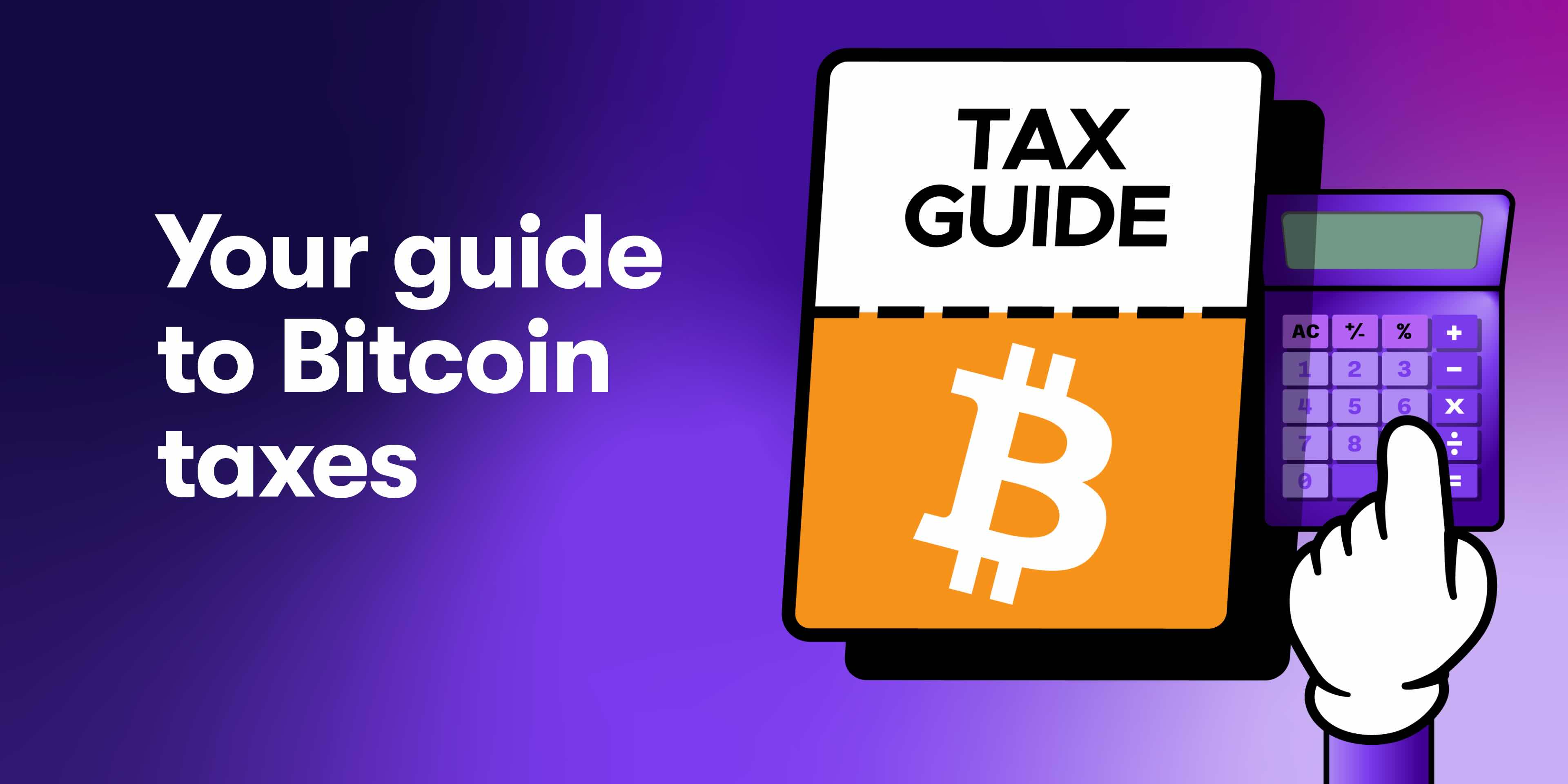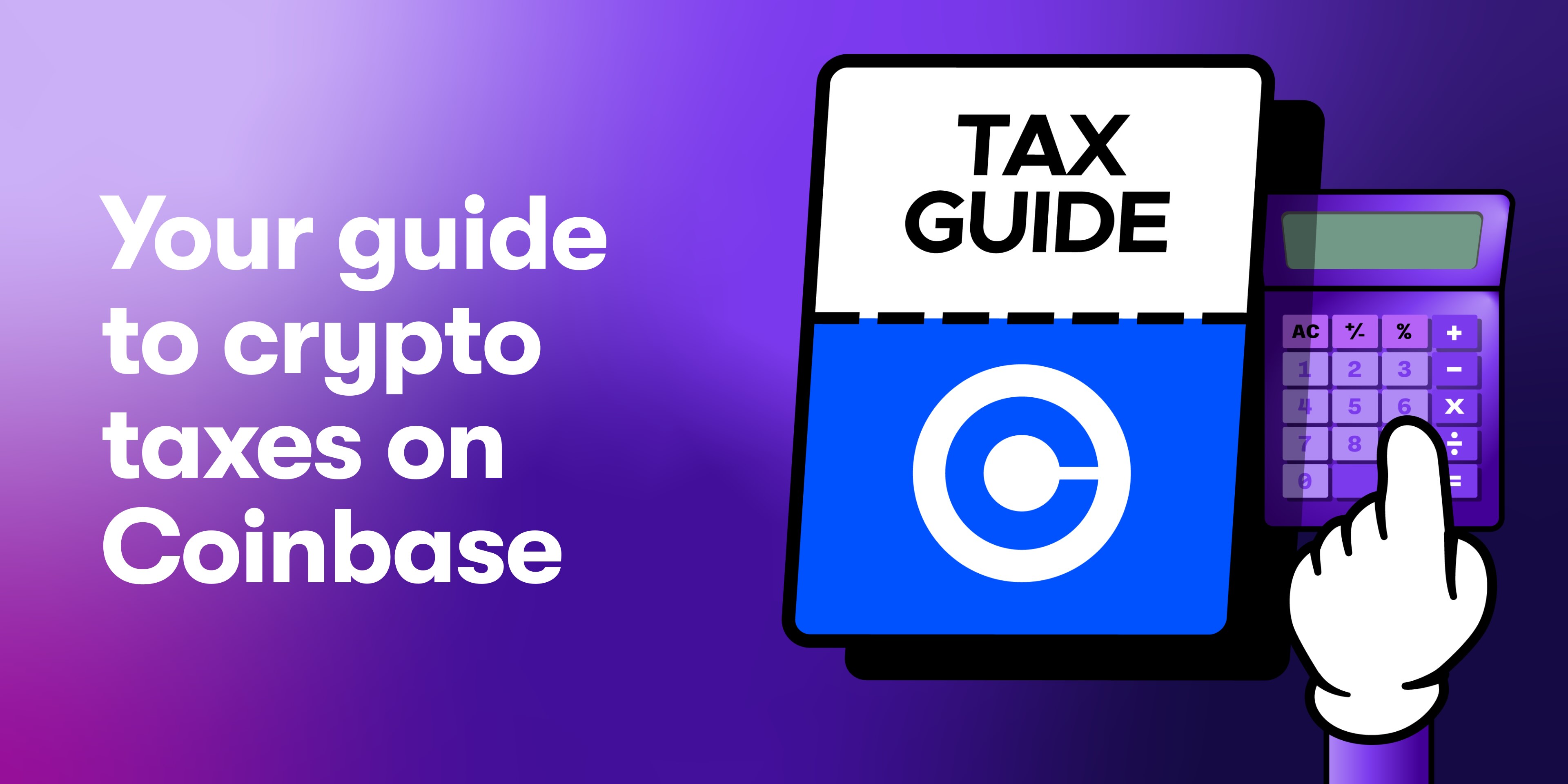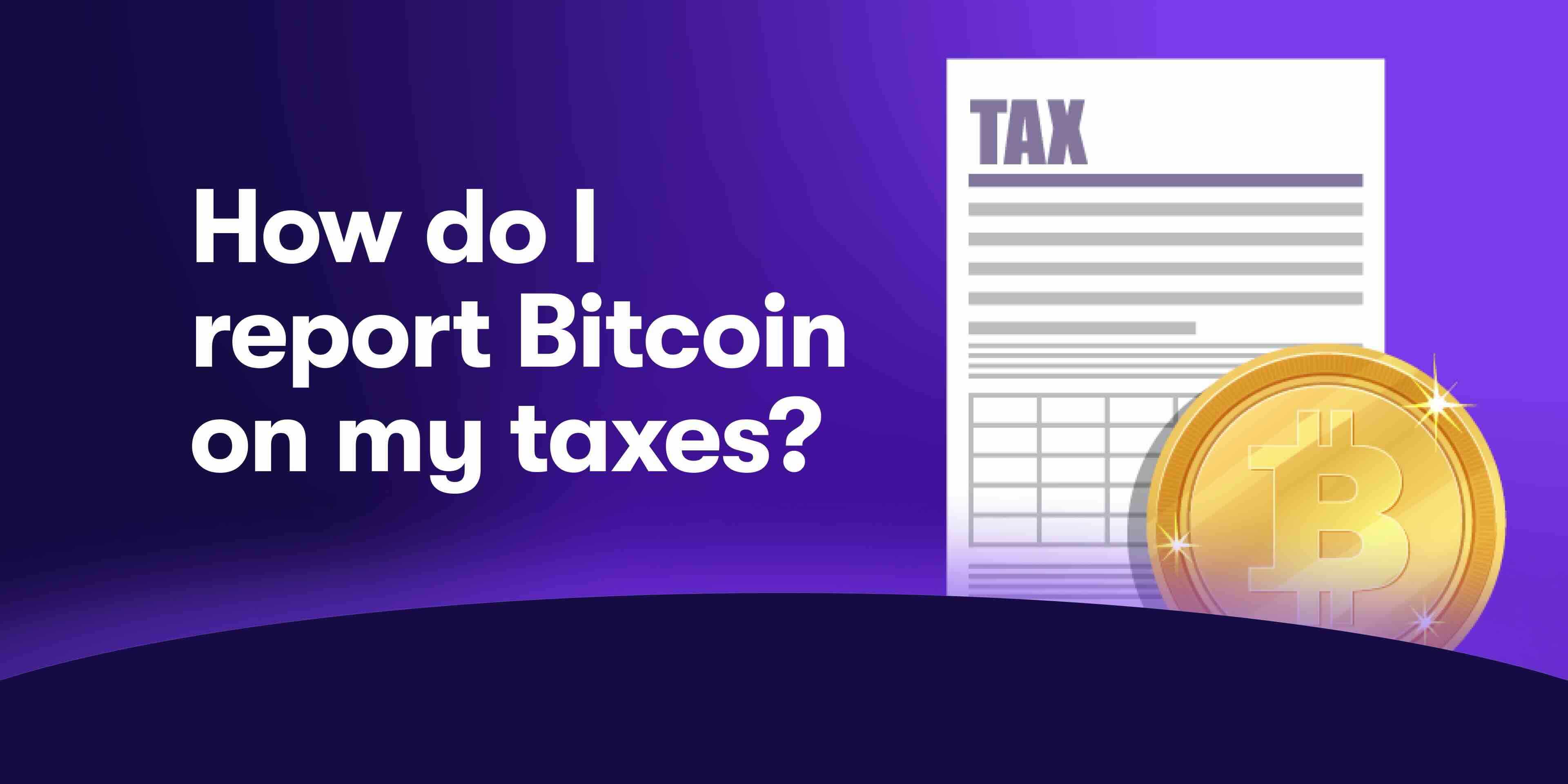The South African Revenue Service (SARS) considers cryptocurrency a taxable asset, meaning that if you buy, sell, or hold crypto you must declare it in your tax return.
SARS taxes crypto transactions under Capital Gains Tax (CGT) or Income Tax, depending on whether the activity is classified as an investment or trading.
Failing to report crypto-related income can result in penalties, interest, and possible criminal prosecution. Understanding SARS' tax rules ensures compliance and helps you avoid unnecessary financial and legal consequences.
{{crypto-tax-south-africa-callout1}}
Is crypto taxed In South Africa?
Yes, SARS taxes crypto transactions.
The South African Revenue Service (SARS) does not recognise cryptocurrency as legal tender.
Instead, it classifies crypto as assets or trading stock, and Capital Gains Tax (CGT) or Income Tax applies depending on the transaction type.
How is crypto taxed in South Africa?
The guidance on crypto tax treatment in South Africa is minimal; however, it is clear that SARS does not treat cryptocurrency as legal tender.
This means that crypto transactions are taxable under capital gains or income tax, depending on the specific scenario.
When Capital Gains Tax is applied to crypto transactions
If your taxable crypto gains have the nature of capital, they will fall under the capital gains component of your tax return.
The first R40,000 capital gain every tax year is tax-free, and taxpayers will only pay tax on 40% of any gain above this, at their marginal tax rate.
Keep in mind that the R40 000 exclusion is applicable across all your capital gains including non-crypto related gains, thus it will only be applicable on your crypto gains if you have not utilized it on any other capital gains.
When Income Tax is applied to crypto transactions
If your taxable crypto gains have the nature of revenue, they will fall under the income component of your tax return.
The tax treatment of taxable crypto gains in South Africa depends on whether the taxpayer is an individual or a legal entity. If the transactions are carried out by a legal entity, the applicable company tax rate of 27% (or 28% for financial years ending before 31 March 2023) will be applied to an inclusion rate of 80% of taxable crypto gains.
Additionally, a single taxable gain may be considered as revenue of nature, while another taxable gain may be viewed as capital of nature. The tax treatment of your taxable crypto gains also depends on whether your investment activities are considered holding assets as capital assets or trading stock. In other words, whether you are perceived as an individual investor or a trader.
| Tax Treatment |
Eligibility |
Tax Rate |
| Capital Gains Tax |
Individuals if the transaction has the nature of capital |
40% of capital gains, after R40,000 exclusion |
| Income Tax |
Individuals if the transaction has the nature of revenue, Traders |
Charged at the individual's marginal tax rate |
| Company Tax |
Businesses |
27% (applied to 80% of taxable crypto gains) |
{{crypto-tax-south-africa-cta1}}
Investor vs Trader Classification in South Africa
There are no concrete rules set out by SARS to distinguish between investors and traders.
Whether an individual is considered an investor or a trader for tax purposes depends on their intentions and multiple other factors dictated by case law at the time of the taxable event.
It is highly recommended to seek out a tax professional to help you determine whether your activities will qualify you as an investor or trader.
Individual investor tax treatment
In South Africa, individual investors who make taxable capital gains from crypto transactions are eligible for an annual exclusion of R40,000. After this exclusion, 40% of any remaining gain is subject to tax for individual taxpayers.
To calculate your taxable gains for the year, take your net capital gain - minus any losses and exclusions - and multiply it by 40%.
This is the amount you will pay tax on at your marginal rate, with a maximum effective tax rate of 18% for individual taxpayers.
Trader tax treatment
On the other hand, traders who make revenue income from taxable crypto gains are not eligible for the annual exclusion and will be taxed on their entire profits at their marginal income tax rate. However, traders are allowed to deduct any expenses incurred directly related to generating the trading income.
Does SARS know about my crypto holdings?
The South African Revenue Service (SARS) has the ability to track and monitor crypto transactions through various methods, such as reporting requirements for crypto exchanges and businesses, data sharing agreements with other tax authorities, and the use of sophisticated data analytics tools.
SARS has stated that it will take a risk-based approach to crypto tax compliance and will focus on individuals and businesses with large or unusual crypto transactions. However, it is ultimately the responsibility of individuals and businesses to accurately report and declare their crypto-related activities on their tax returns.
If non-compliance is discovered, penalties and interest will be charged. Criminal prosecution may be applicable in certain non-compliance cases.
What crypto transactions trigger capital gains tax?
If an individual is seen as an investor by the SARS and disposes of a crypto asset, any profits from the transaction will be subject to capital gains tax.
Disposing of a crypto asset can happen in a variety of ways, including the following:
| Taxable Event |
Tax Treatment |
| Selling crypto for Rand |
CGT applies if a gain is realised. |
| Swapping crypto for another crypto |
CGT applies based on the value of the crypto disposed, in ZAR. |
| Spending crypto on goods/services |
Considered a disposal, triggering CGT. |
| Gifting crypto |
CGT applies unless gifting to a spouse. |
If a profit is made from any of these disposals, the individual will be required to pay capital gains tax. The amount of tax owed will depend on the individual's circumstances and the specific details of the transaction.
What crypto transactions trigger income tax?
If SARS determines that your crypto transactions and activities have the nature of revenue, the entire profit from any disposal will be subject to income tax at the applicable marginal tax rate based on your total annual income.
This means that your entire profits from transactions that could be considered capital disposals may be subject to income tax, including activities that would otherwise be taxed as capital gains, including those listed in the table above.
Additionally, SARS may consider certain crypto investment activities as revenue income and subject the entire proceeds to income tax upon receipt, such as:
| Taxable Event |
Tax Treatment |
| Getting paid a salary in crypto |
Considered income tax and taxed at the individual's marginal rate. |
| Mining rewards |
Treated as income at the market value when received. Subject to tax. |
| Staking rewards |
Classified as income upon receipt, taxed at fair market value in ZAR. |
| Airdrops |
May be taxed as income if received as part of a promotion or service. |
| DeFi investment activities |
If earning new tokens, it is income and taxable when received. |
| Creating & selling NFTs (as an artist) |
Earnings are revenue income and subject to income tax. |
| Royalties derived from NFT sales |
Classified as income and taxed at the individual's marginal rate. |
Given the vague guidance from SARS on additional income from crypto, it is recommended to consult an accountant with specialised knowledge to help with calculating and filing your crypto taxes, particularly if you are using DeFi protocols.
2025 Income Tax brackets in South Africa
The tax rate for an individual for income derived from crypto will depend on your total income from all sources.
The brackets for individual taxpayers for the 2025 tax year (1 March 2024 - 28 February 2025) are listed below:
| Taxable Income (R) |
Rates of Tax |
| 1 – 237 100 |
18% of taxable income |
| 237 101 – 370 500 |
42 678 + 26% of taxable income above 237 100 |
| 370 501 – 512 800 |
77 362 + 31% of taxable income above 370 500 |
| 512 801 – 673 000 |
121 475 + 36% of taxable income above 512 800 |
| 673 001 – 857 900 |
179 147 + 39% of taxable income above 673 000 |
| 857 901 – 1 817 000 |
251 258 + 41% of taxable income above 857 900 |
| 1 817 001 and above |
644 489 + 45% of taxable income above 1 817 000 |
{{crypto-tax-south-africa-callout2}}
{{crypto-tax-south-africa-cta2}}
When is the deadline to report my Crypto Taxes in South Africa?
The South African tax year runs from the 1st of March to the 28th of February the following year. The tax deadlines in South Africa vary depending on the type of tax and the taxpayer's filing status.
For individuals who are required to file a tax return for the 2025 year of assessment, the deadline is not yet available, but based on last year's dates, it is estimated to be late October 2025, or late January 2026 for provisional tax payers. Individuals also need to consider provisional tax.
If an individual or entity is registered for provisional tax, the deadlines for making payments are as follows:
- The first payment is due on 31 August of the current tax year.
- The second payment is due on the last business day in February.
- The third payment for provisional tax in South Africa is voluntary and can be made on the following dates:
- For companies with a year-end of the last day of February, and any other individual or entity (except for a company), the last business day of September.
- In all other cases, within six months of the end of the tax year.
It is important to consult with the South African Revenue Service (SARS) or a tax advisor for the correct information on provisional tax payment deadlines.
How to file your crypto taxes in South Africa
Once you have calculated your crypto tax totals, the easiest way to file your taxes in South Africa is through the South African Revenue Service (SARS) eFiling system.
On your tax return, you will see a section where you can declare capital gains on disposals made during the tax year, with specific reference to cryptocurrency. If you are a trader, there is another section for reporting income earned from crypto transactions.
SARS eFiling allows you to easily and securely file your tax return online and track the status of your submission.
What records should I keep for crypto tax reporting?
SARS mandates that you keep comprehensive records for a minimum of five years. These records should include:
- Dates of each transaction
- Transaction types (eg, buy, sell, swap, staking, mining, etc.)
- The Rand value at the time of each transaction
- Wallet addresses used
- Transaction fees incurred
- Counterparty details, where available
Using dedicated crypto tax software like Crypto Tax Calculator can help automate this process and ensure that your records remain accurate and compliant with SARS requirements.
Do I need to pay VAT on cryptocurrency transactions?
No, cryptocurrency transactions are generally VAT‑exempt in South Africa.
In 2019, SARS clarified that buying, selling, or exchanging crypto does not attract VAT.
However, if you are a business that accepts crypto as payment for goods or services, you must convert the crypto's value to South African Rand (ZAR) at the time of the transaction and charge VAT on the underlying supply accordingly.
Do I need to report crypto if I haven't made a profit?
Yes, all crypto transactions must be reported on your tax return - even those that result in a loss. SARS requires that every "disposal" event, whether profitable or not, be declared.
Reporting both gains and losses allows you to offset capital losses against other gains, potentially reducing your overall tax liability.
It is crucial to keep detailed records of all transactions to ensure accurate reporting and compliance.
Sources
The information provided on this website is general in nature and is not tax, accounting or legal advice. It has been prepared without taking into account your objectives, financial situation or needs. Before acting on this information, you should consider the appropriateness of the information having regard to your own objectives, financial situation and needs and seek professional advice. Crypto Tax Calculator disclaims all and any guarantees, undertakings and warranties, expressed or implied, and is not liable for any loss or damage whatsoever (including human or computer error, negligent or otherwise, or incidental or Consequential Loss or damage) arising out of, or in connection with, any use or reliance on the information or advice in this website. The user must accept sole responsibility associated with the use of the material on this site, irrespective of the purpose for which such use or results are applied. The information in this website is no substitute for specialist advice.

















































































































































































